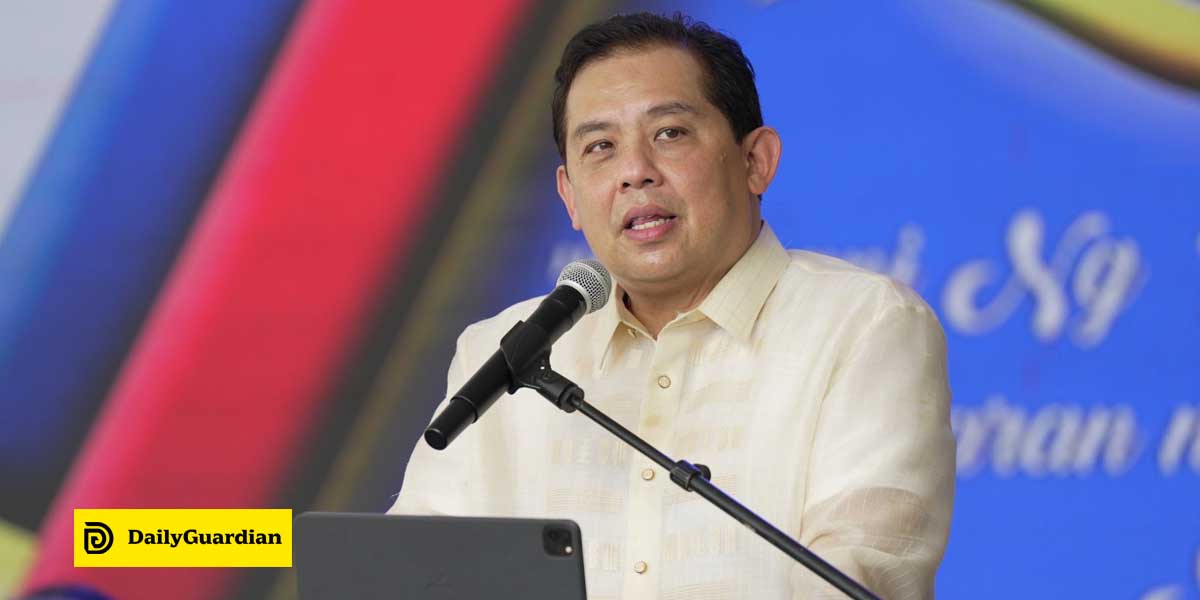 By Joshua Corcuera
By Joshua Corcuera
Iskolar ng bayan — this should remind us to whom students attending public educational institutions free of charge are indebted — no one else but the masses.
Last Tuesday, President Duterte addressed the nation late at night — as he always did. It was a lengthy speech filled with controversial remarks involving misogyny and misinformation. Duterte hurling insults to Vice President Robredo became the issue in the spotlight. But there is one topic that is equally infuriating — the president’s threat to stop funding the University of the Philippines (UP). Why would he defund UP you may ask? He insinuated that the premier state university is a recruitment ground for communists, even without presenting evidence to prove as such.
If he would do what he said, would it serve the common good? Should the so-called iskolar ng bayan be timid of such remarks? And to who are these scholars indebted in the first place, if any? Upon discussing these questions, one can argue that cutting the budget allocated for education would do severe harm to the nation.
Defund SUCs? It’s the loss of the nation
When state universities and colleges (SUCs) — particularly UP — are defunded for whatever reason, it’s not only the students who would suffer, it’s also the Filipino nation. Through the billions of pesos from taxpayer money channeled into SUCs, hundreds of thousands of students in the Philippines can pursue noble pursuits necessary for inclusive growth and national development.
The iskolar ng bayan would go on to take law, medicine, engineering, architecture, economics, the arts and sciences, and so on. When they receive their diploma after a few years, there would be more professionals in the country who would play a role in shaping our country’s destiny. It’s a win-win scenario for the Philippines and the Filipino people. Those who studied through the people’s taxes could live a prosperous life while they give back to society by using their profession to make our country grow.
Now, imagine that the billions spent on free education would be slashed significantly. The number of students who would be capable to attend college would decrease. There would be fewer prospective lawyers, doctors, engineers, architects, economists, artists, scientists, and other professionals.
The growth of the number of experts in our country would likely slow down primarily because of the fund slash. In this situation, it’s a loss for both sides but more especially to the nation.
Students who have a promising future were unable to attend college due to lower allocated budget for SUCs and, as a result, they cannot be professionals who are supposed to help our country in solving its problems. It would be difficult for the layman to access legal services when oppressed or to receive adequate treatment when sick due to a lack of professionals, all because of cutting the funds that should have filled this shortage.
To whom must scholars pay back? The people
Scholars must not feel a sense of utang na loob to the government or to any public official. After all, they’re not referred to as iskolar ng pangulo, or iskolar ni governor, or iskolar ni mayor — they’re called as iskolar ng bayan and nothing else. If there is someone that scholars must have this sort of debt of gratitude, it’s no other than the people.
Some might argue that scholars-turned-professionals can pay back to the people by being apolitical, by being silent amid socio-political issues. However, for professionals who were once iskolar ng bayan to pay back to the masses, what is essential is for them to use their intellect and understanding of their profession in pursuit of doing good to their fellow Filipinos.
For instance, a doctor can work in public hospitals or in the barrio, or a lawyer can help defend the marginalized pro bono. They don’t need to be apolitical; in fact, indifference in the issues that matter is dangerous. After all, it is entirely possible for someone to love their country and, at the same time, deplore their government.
With all these threats of defunding a prestigious state-run university, the consequences would be cruel for the people. Those in power must be reminded that it is their obligation to uphold the rights of the ordinary Filipino, and among those rights is the right to be educated for education is a right and not a privilege.
It is not the isko and iska who should be afraid of defunding threats, it should be the government itself because by reducing the budget allocated for them, the nation is the one that suffers the heaviest losses.






















